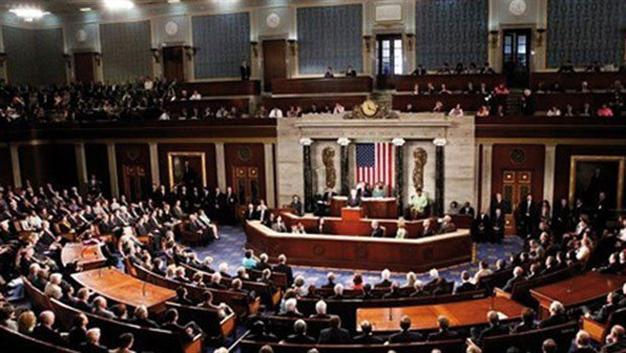Armenian bill works continuing in US Congress with delays
Tolga Tanış WASHINGTON
 U.S. congressmen working on a resolution to recognize the 1915 killings of Ottoman Armenians as genocide have missed the deadline to submit the motion, as preparations by Armenian lobbies in Washington for the 100th anniversary are reportedly proceeding more slowly than intended.
U.S. congressmen working on a resolution to recognize the 1915 killings of Ottoman Armenians as genocide have missed the deadline to submit the motion, as preparations by Armenian lobbies in Washington for the 100th anniversary are reportedly proceeding more slowly than intended.Four members of Congress, including two co-chairs of the Congressional Armenian Caucus, last week invited their fellow congressmen to become original co-sponsors of the “Armenian Genocide Recognition Resolution,” which would say the Ottoman Empire committed genocide in 1915 and ask U.S. President Barack Obama to pressure the Turkish government to resolve the issue.
California congressmen Republican David Valado and Democrat Adam B. Schiff are the other co-signers of the letter, which had proposed Feb. 24 as the deadline for sponsorship.
Representatives declared that they would be introducing the resolution on Feb. 24 and that the same language as in House Resolution 227 from the 113th Congress would be used.
However, Schiff’s spokesman, Patrick Boland, told daily Hürriyet that the bill would be presented in the coming weeks, without giving a reason for the delay.
Armenia says up to 1.5 million people were killed by Ottoman forces during World War I, in what it calls an act of genocide. But modern Turkey has always rejected the term “genocide,” putting the toll at 500,000 and blaming the deaths on starvation and unrest in the broader context of the war.
Armenia has been preparing for a vast commemoration campaign on April 24 to mark the centenary of the events.
Turkish sources, meanwhile, claimed that Armenian diaspora representatives were late in preparing for the campaign.
They also suggested that the Armenian representatives are struggling to gain support for the motion, expressing their expectation that the number of congressmen backing the motion would be no higher than 50.
Sources also recalled House Speaker John Boehner having said on several occasions that he does not favor the motion.
















